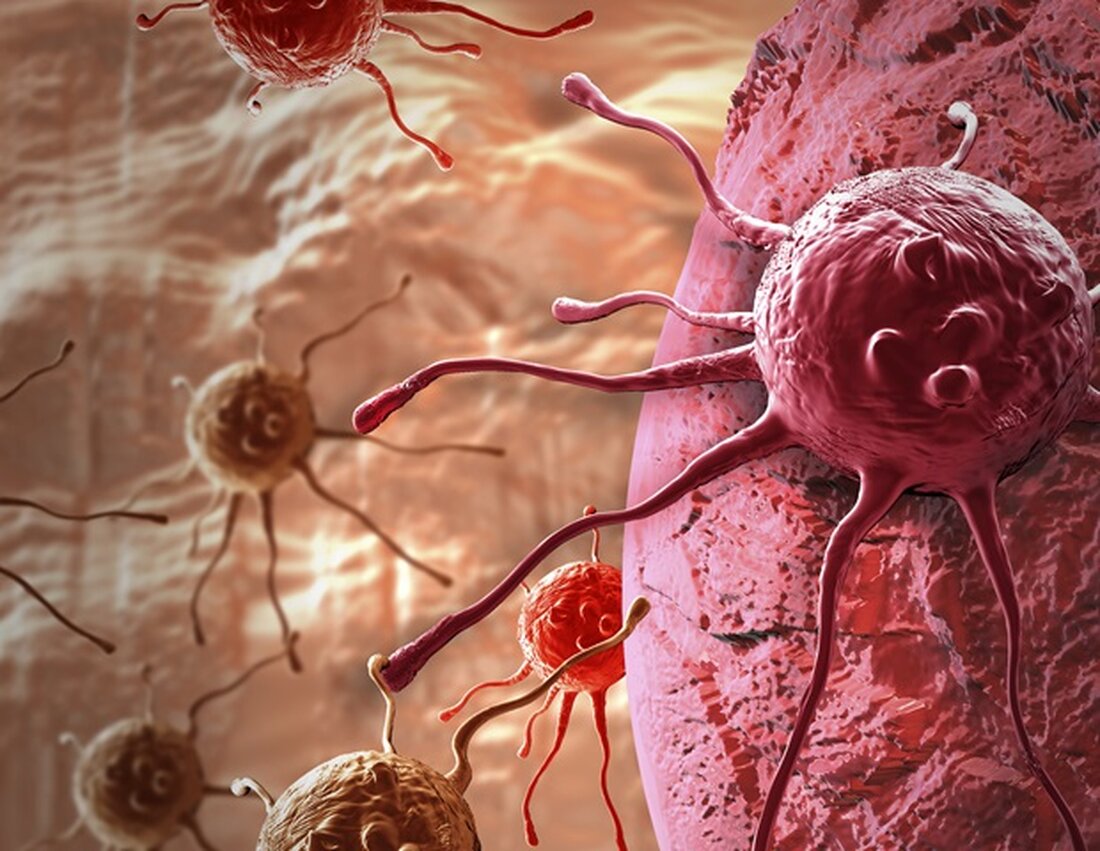Largest academic collaboration aims to transform the treatment of childhood cancer
The Broad Institute of MIT and Harvard, Dana-Farber Cancer Institute and St. Jude Children's Research Hospital today announced the largest academic collaboration of its kind to transform and accelerate the identification of vulnerabilities in childhood cancers and translate them into better treatments. The collaboration is supported by a new joint funding investment from all three institutions of more than $60 million over five years. This investment will support the development of infrastructure and the scientific work of a team that currently consists of more than 80 collaborating researchers, data scientists and research staff. It...

Largest academic collaboration aims to transform the treatment of childhood cancer
The Broad Institute of MIT and Harvard, Dana-Farber Cancer Institute and St. Jude Children's Research Hospital today announced the largest academic collaboration of its kind to transform and accelerate the identification of vulnerabilities in childhood cancers and translate them into better treatments.
The collaboration is supported by a new joint funding investment from all three institutions of more than $60 million over five years. This investment will support the development of infrastructure and the scientific work of a team that currently consists of more than 80 collaborating researchers, data scientists and research staff. The initiative is expected to reach 100 members as each institution adds new staff.
By combining the intellectual leadership, technical expertise and institutional resources of the three institutions, this new collaboration aims to address critical knowledge gaps related to the biological basis of childhood cancer and how it might be treated more effectively. The Pediatric Cancer Dependencies Accelerator project, distinguished by its large scale of investment, number of collaborating scientists and scientific scope, will accelerate progress in the development of new treatments for aggressive childhood cancers by:
- Entwicklung und Einsatz von Genom-Editierungstechniken zur Identifizierung versteckter Schwachstellen (Abhängigkeiten) bei einer Reihe von hochriskanten Gehirn-, soliden und Blutkrebserkrankungen im Kindesalter.
- Nutzung neuer Technologien zur Charakterisierung der genetischen und epigenetischen Landschaft von Krebserkrankungen bei Kindern.
- Entwicklung von Modellsystemen für Hochrisiko-Krebserkrankungen im Kindesalter mit schlechtem Ausgang, wo es derzeit keine gibt.
- Identifizierung wirksamer Kombinationstherapien und Mechanismen der Arzneimittelresistenz sowie Verkürzung des Zeitrahmens für die Entwicklung neuer Therapien.
- Entwicklung rechnerischer Ansätze zur Gewinnung und Integration von Daten und Entwicklung innovativer Softwaretools für den Datenaustausch.
The project is co-led by Charles W. M. Roberts, MD, PhD, director of the St. Jude Comprehensive Cancer Center, Kimberly Stegmaier, MD, Dana-Farber Cancer Institute, vice chair of pediatric oncology research, and Francisca Vazquez, PhD, Broad Institute Cancer, director of the dependency Map project.
Despite many advances, cancer remains the leading cause of disease-related death among children in the United States. In a research laboratory, it can take decades to understand mechanisms and develop new treatments. We believe that through this project we can now overcome hurdles to quickly identify therapeutic vulnerabilities in childhood cancer and translate these into targeted therapies in the clinic much more quickly.”
Charles WM Roberts, MD, PhD, St. Jude Comprehensive Cancer Center
“Our first childhood cancer dependency map project was extremely successful, but only the tip of the iceberg,” said Stegmaier. "I am very pleased about this unprecedented collaboration between three exceptional institutions. The PedDep Accelerator will uncover novel and much-needed new therapeutic targets while uncovering the mechanistic basis of a variety of childhood cancers, providing a wealth of data for us." Research community.”
“The PedDep Accelerator is an example of the power of deep collaboration and bringing together a multidisciplinary team across institutions to address an important disease challenge affecting children worldwide,” said Vazquez. "By sharing data and developing tools, we aim to create a resource that the scientific community can use to make a real impact on childhood cancers. I'm excited to see what impact this project will have on the pace of therapeutic discovery for pediatric tumors." .”
Childhood Cancer: An Opportunity for Innovation and Discovery
The collaboration builds on groundbreaking research initiatives from each institution. Over the past decade, the Pediatric Cancer Genome Project at St. Jude-Washington University and other large-scale sequencing efforts have provided comprehensive insights into the genomic landscape of childhood cancers, including the realization that most disease-causing genetic mutations are not treatable by drugs. Developing precise therapies requires identifying cancer dependencies and vulnerabilities that cannot be uncovered by analyzing genomic datasets alone.
Broad's Cancer Dependency Map (DepMap) initiative has developed large-scale, world-class datasets and computing infrastructure that has impacted research and target discovery programs worldwide. The Pediatric Cancer Dependency Map Project (PedDep), launched in 2015, served as a proof-of-concept for the application of the DepMap approach to childhood cancer. For example, whole-genome CRISPR screens have now been used successfully on a large scale to identify vulnerabilities in hundreds of adult cancers, and proof of principle has been shown that these approaches can also identify vulnerabilities in childhood cancers, which often have much simpler genomes. Large-scale drug screening capabilities have also been developed. This infrastructure and expertise will be leveraged and expanded through these efforts.
The project will draw on St. Jude and Dana-Farber's modeling expertise in creating patient-derived xenograft (PDX) models that use patient cancer cells to better match the biology of the disease as it occurs in the clinic. St. Jude's computational biologists will bring broad expertise in epigenomic and genomic characterization analysis, data visualization, and computational pipeline development. Additionally, St. Jude's infrastructure will facilitate combined drug screening and in vivo CRISPR and drug screening approaches.
The cross-functional groups will include researchers from Broad, Dana-Farber and St. Jude who will focus on three core disease areas (brain tumors, hematologic malignancies and solid tumors) and will bring combined cancer expertise in data science, functional genomics and large-scale cancers. comprehensive drug screening. Together, researchers at these institutions will improve and accelerate progress by combining unique strengths and resources to address the greatest challenges in understanding and treating childhood cancers.
Source:
St. Jude Children's Research Hospital
.

 Suche
Suche
 Mein Konto
Mein Konto
